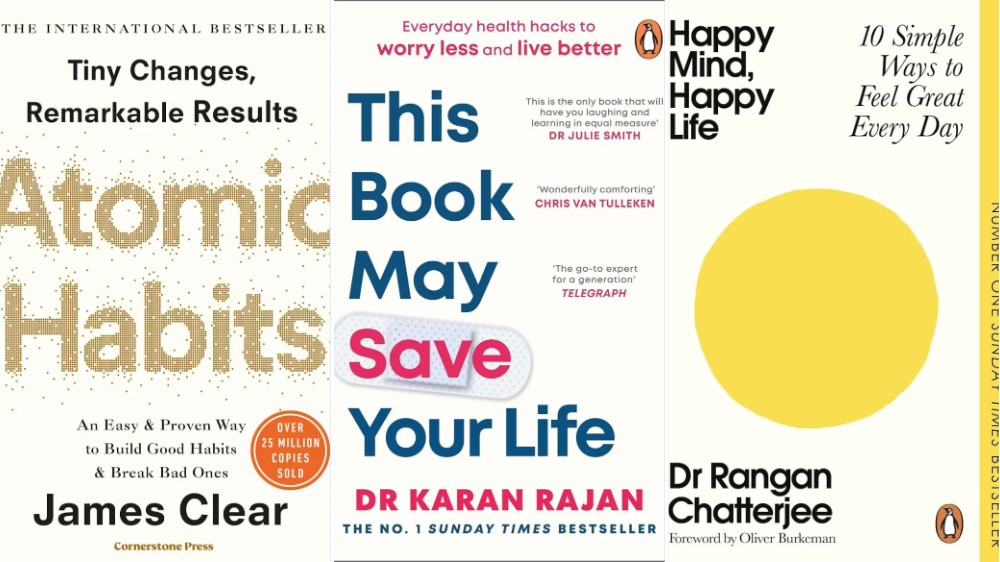The UK is experiencing its third heatwave of the summer this weekend, with temperatures set to peak at 33C.
Yellow health warnings have also been issued for many parts of England until Tuesday, amid concern over the impact of the heat on vulnerable groups.
It comes as a rapid study from Imperial College London, published this week, has found that climate change was responsible for around 1,500 deaths during the last heatwave in 12 European cities.
The rapid study is the first of its kind to estimate the number of deaths linked to climate change for a heatwave.
Previous studies by members of the scientific group, World Weather Attribution at Imperial College London, have also found that climate change has increased heatwave temperatures.
According to this week’s study, climate change was behind 317 of the estimated excess heat deaths in Milan, 286 in Barcelona, 235 in Paris, 171 in London, 164 in Rome, 108 in Madrid, 96 in Athens, 47 in Budapest, 31 in Zagreb, 21 in Frankfurt, 21 in Lisbon and six in Sassari.
Using historical mortality data, research on the effect of climate change on heatwave temperatures and by examining the effect of heat on daily deaths, the researchers were able to produce this rapid study.

Separately, doctors at Guy’s and St Thomas’ hospital in London are currently conducting a study on the effect of heatwaves on older people.
Dr Mary Ní Lochlainn, Doctoral Fellow and Specialist Registrar in Geriatric Medicine at St Thomas’ Hospital, explains that it is being done as heatwaves are becoming more frequent.
“We know that older people are more susceptible to the effects of heat, they’re more likely to attend hospital and they’re more likely to die during heatwaves but we have so little data on what actually happens to their bodies and to their behaviour,” she explains.
The study will collect data before, during and after heatwaves.
“The idea behind what we’re doing with this study is to see, are there any things that we can target in the future to protect them and keep them safe during future heatwaves because we know that we’ve got climate change happening and an aging population,” she said.














